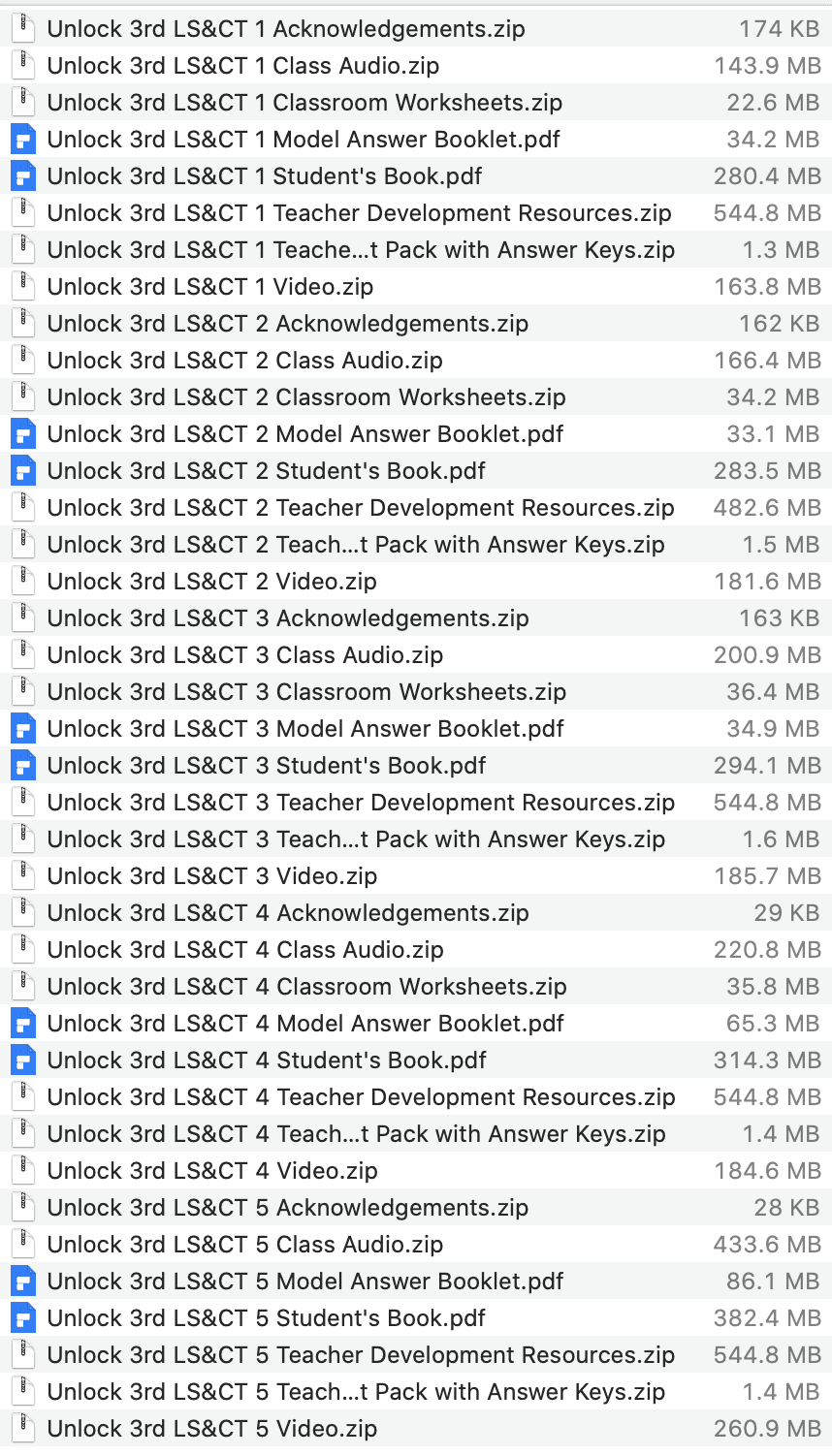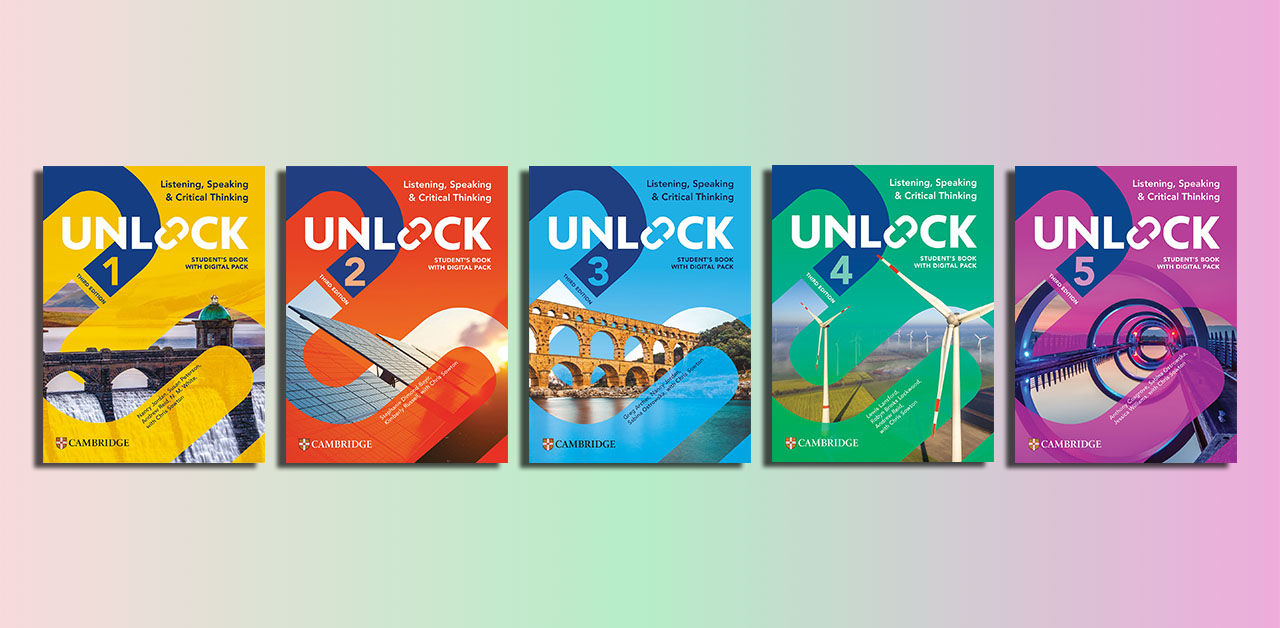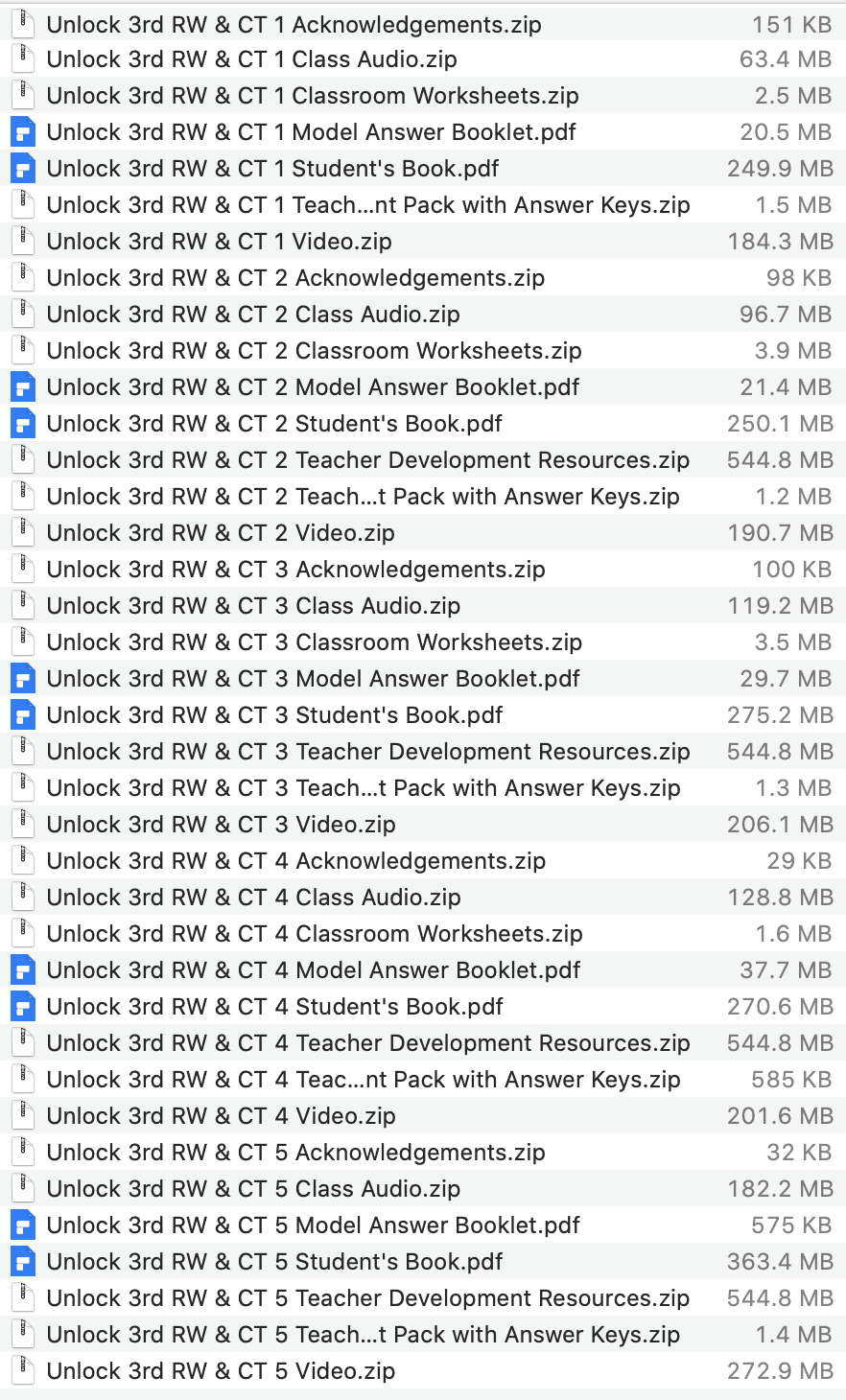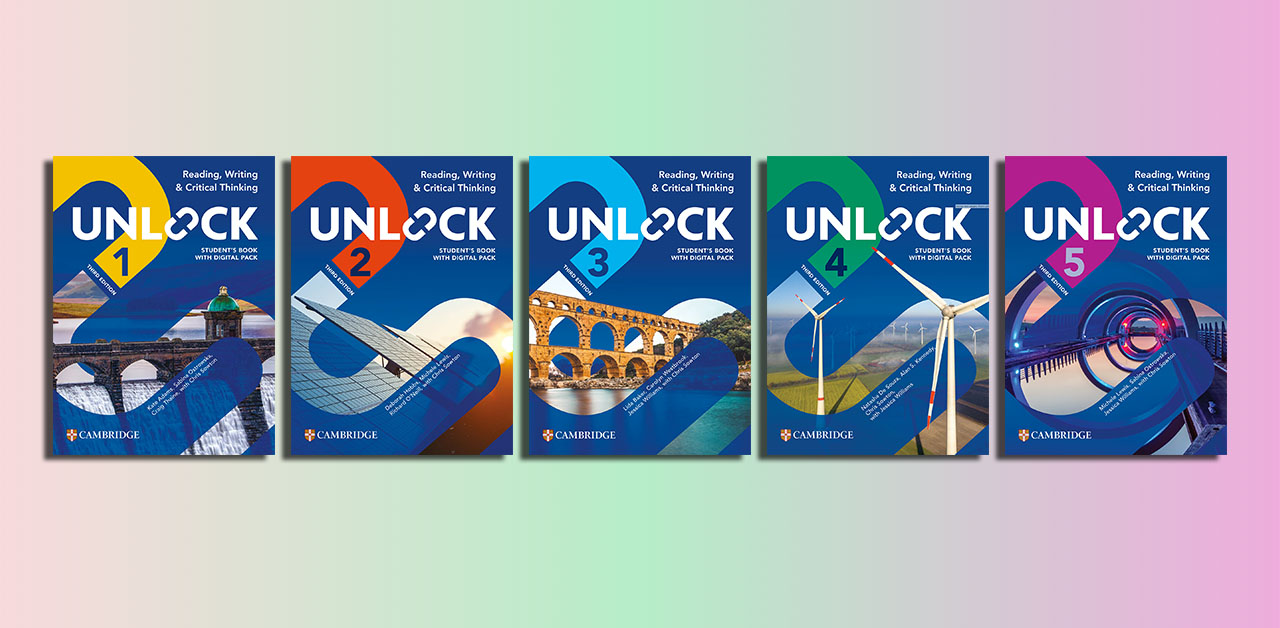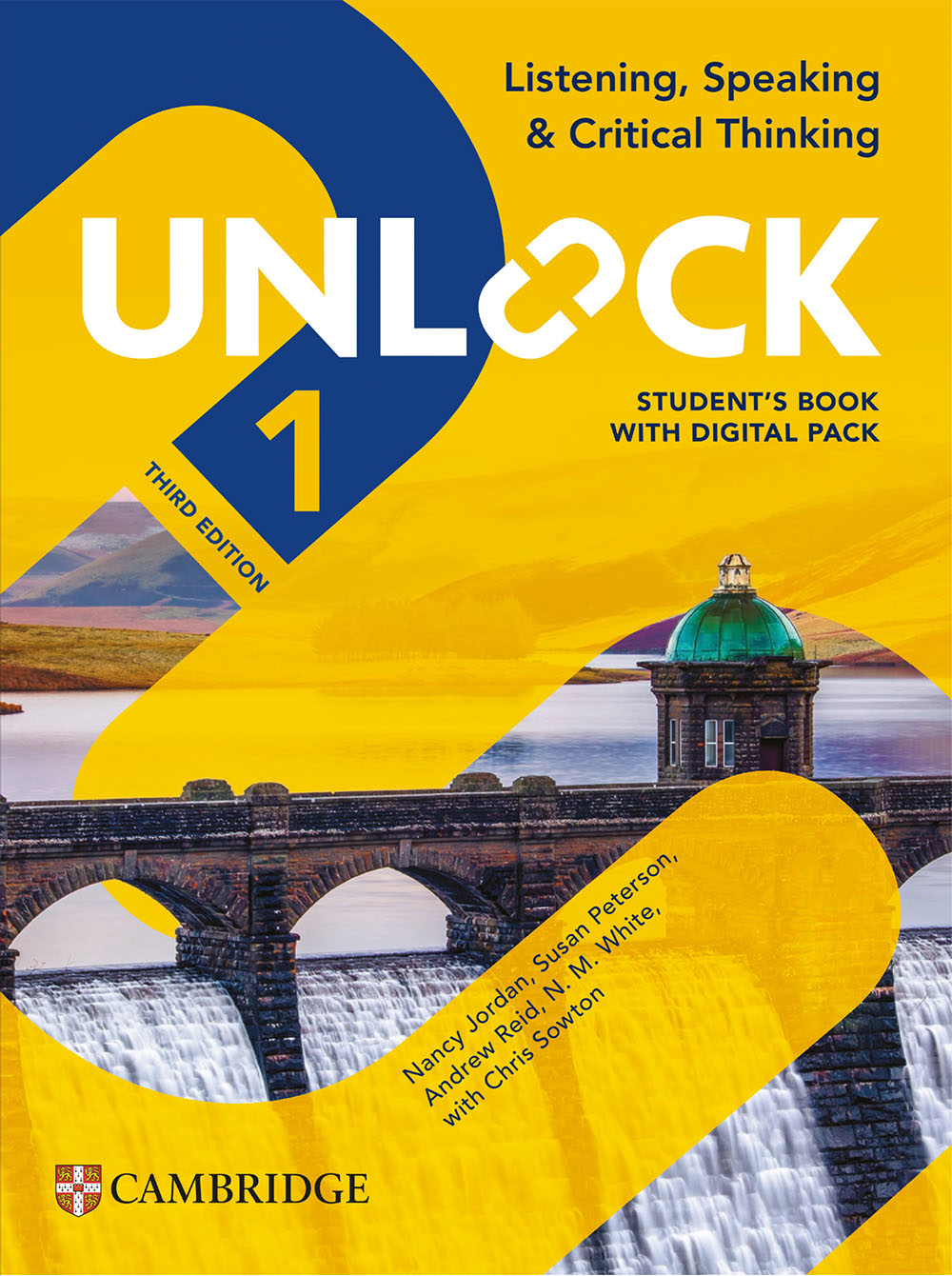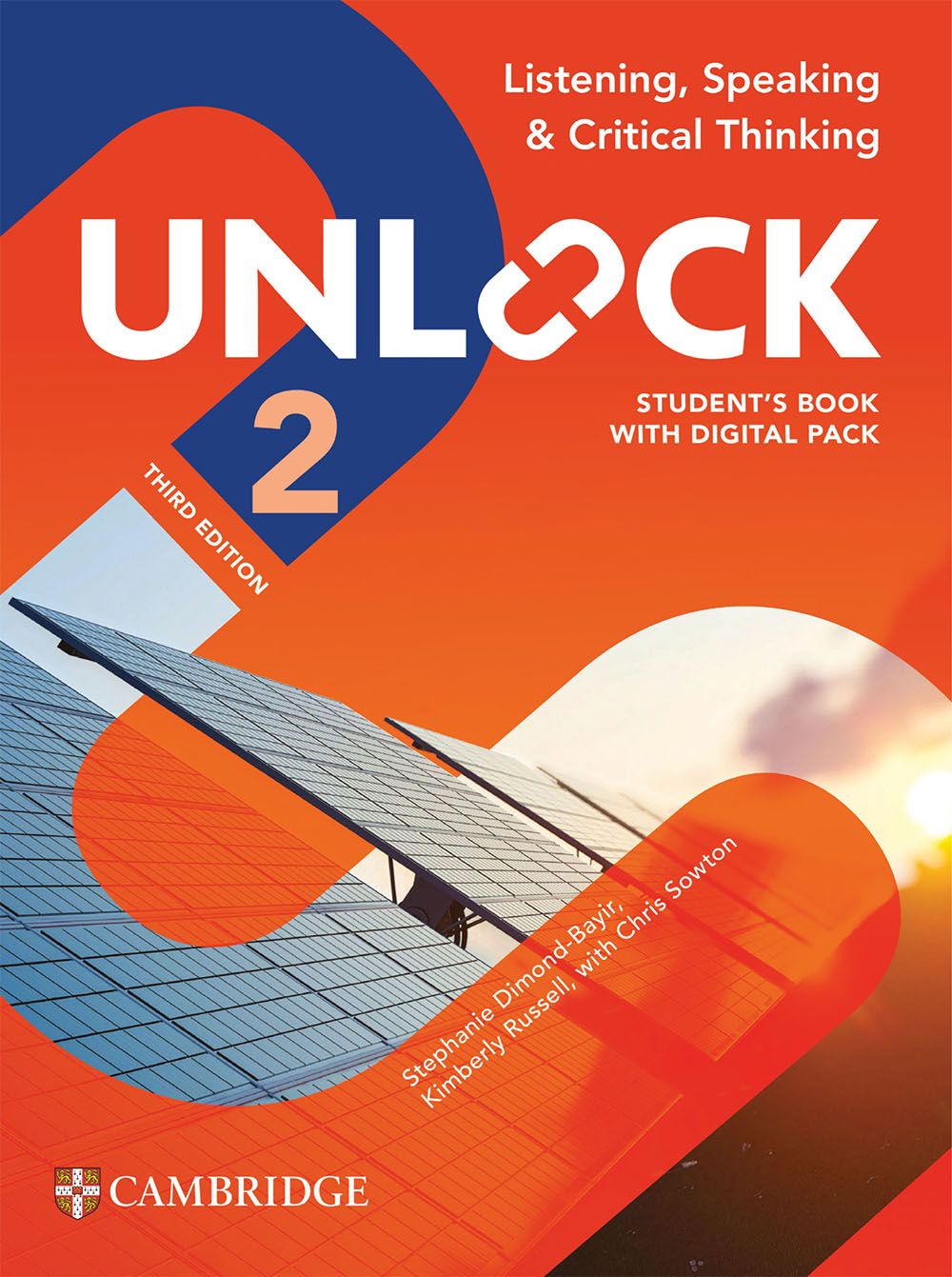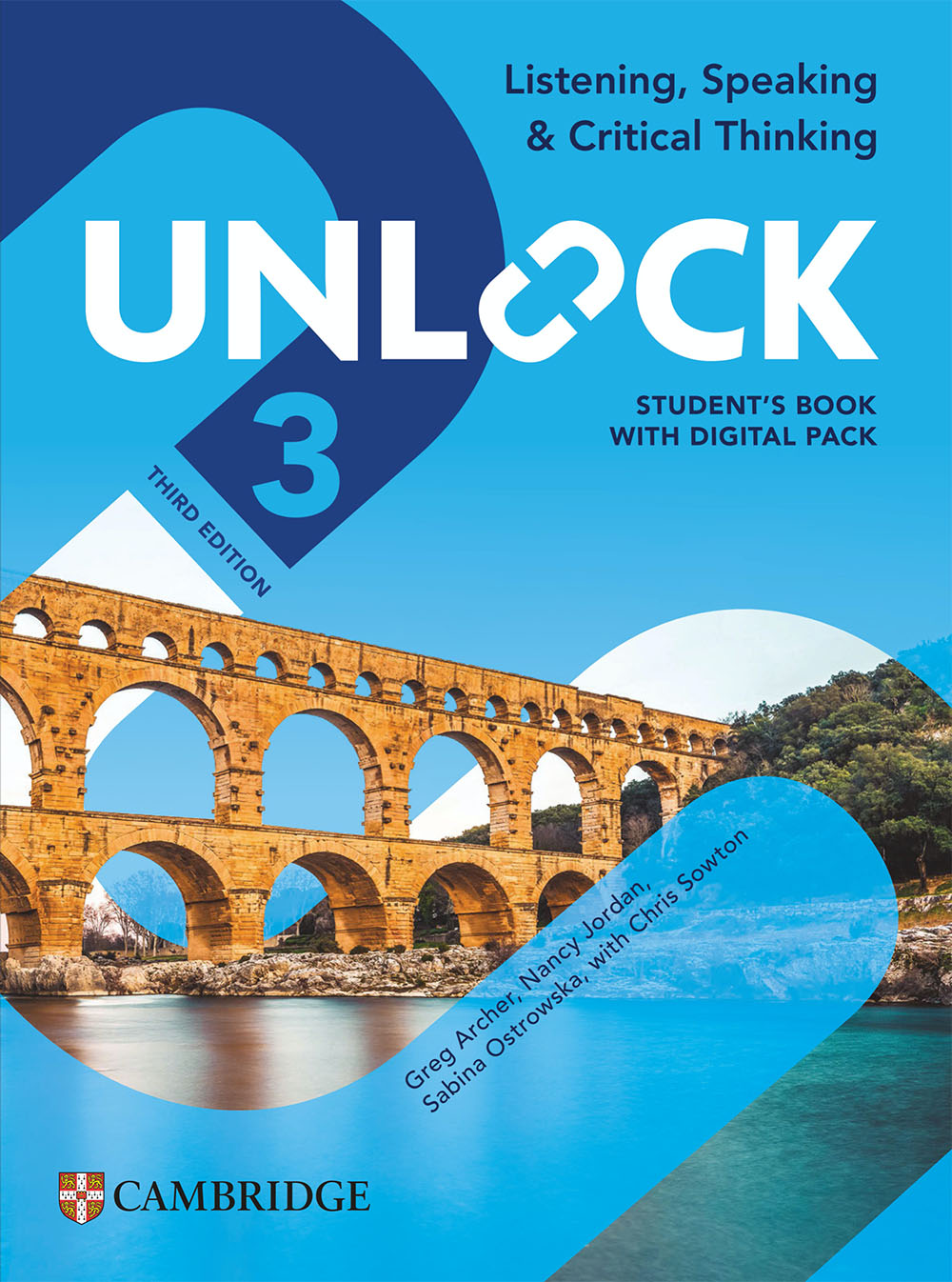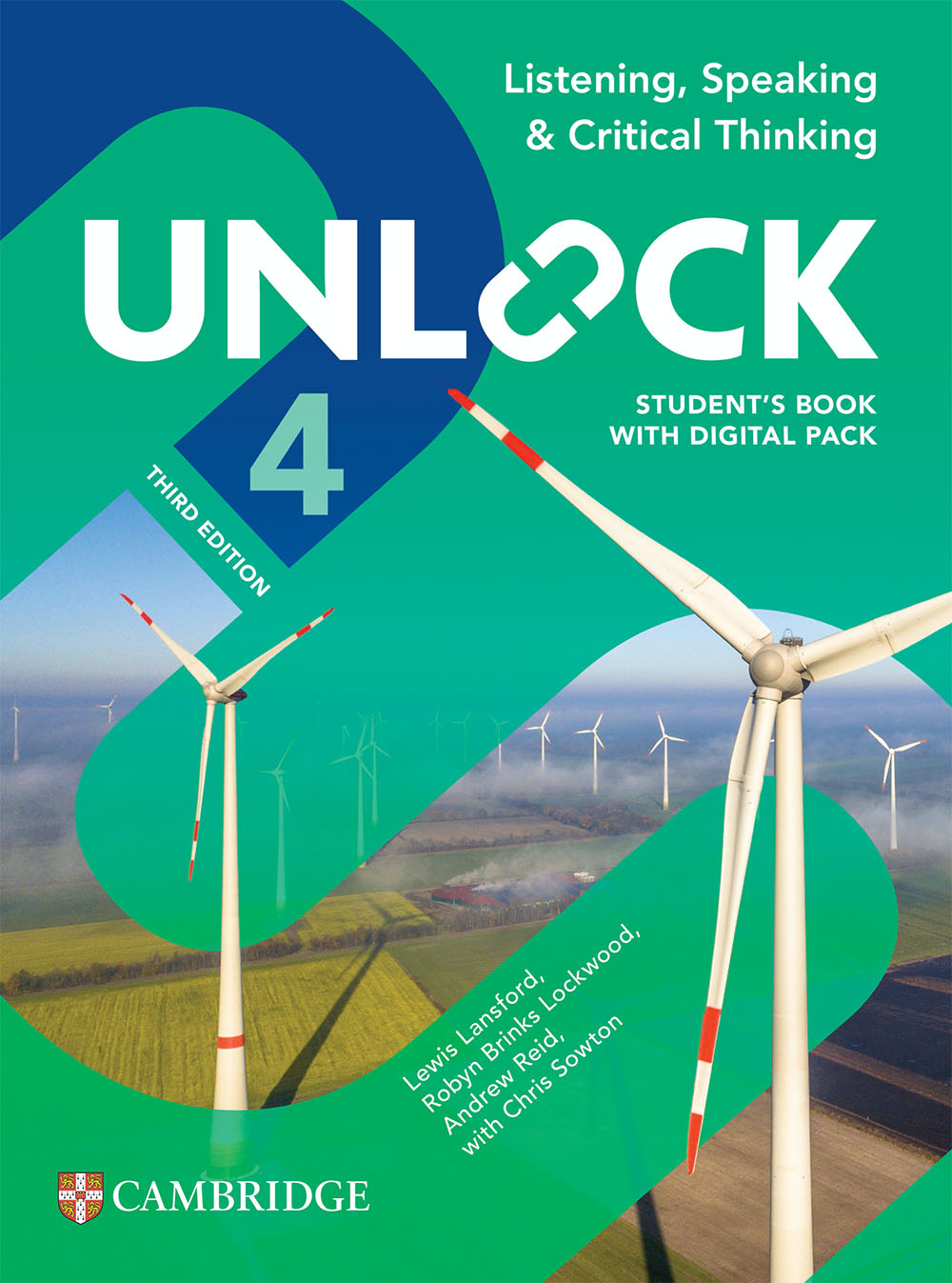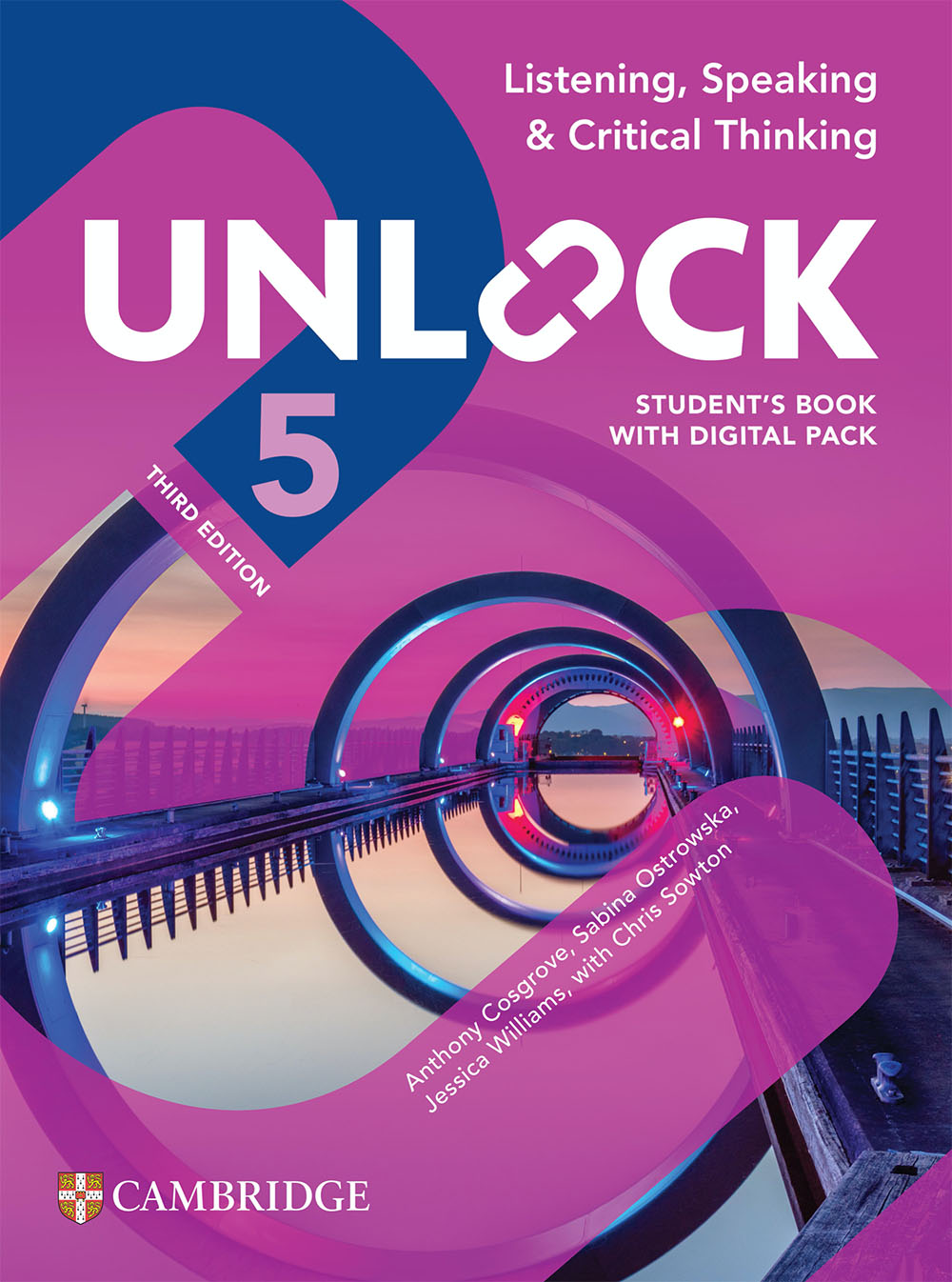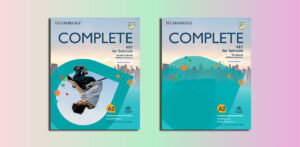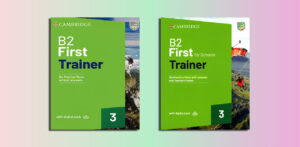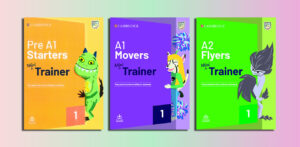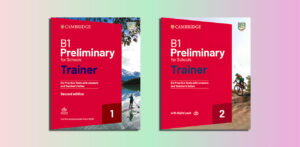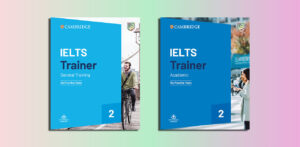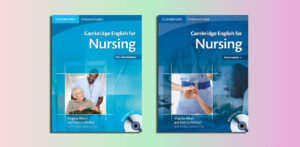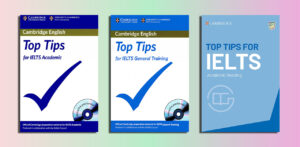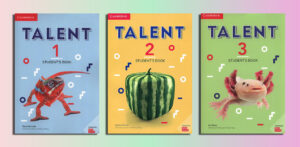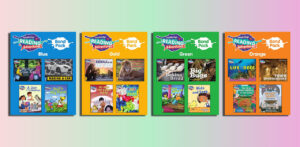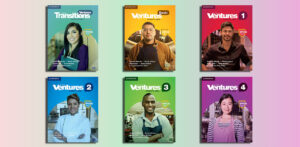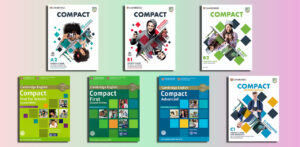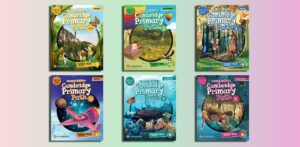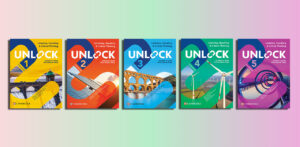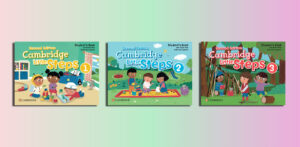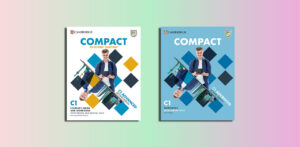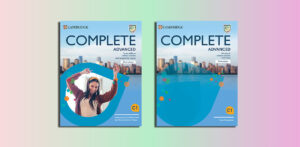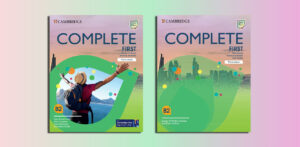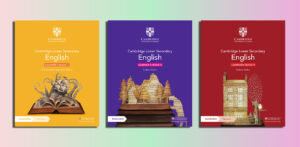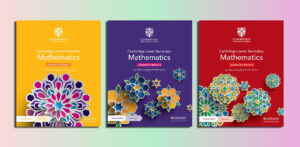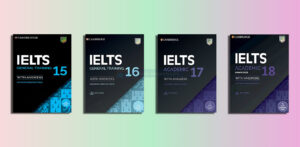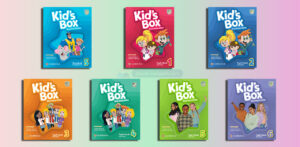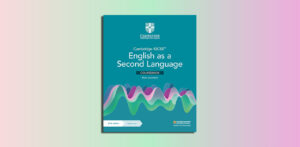Unlock 3rd Edition Listening, Speaking (PDFs, Resources)
Level 1 (A1)
Unlock 3rd LS&CT 1 Acknowledgements.zip
Unlock 3rd LS&CT 1 Class Audio.zip
Unlock 3rd LS&CT 1 Classroom Worksheets.zip
Unlock 3rd LS&CT 1 Model Answer Booklet.pdf
Unlock 3rd LS&CT 1 Student’s Book.pdf – Sample: Click
Unlock 3rd LS&CT 1 Teacher Development Resources.zip
Unlock 3rd LS&CT 1 Teacher’s Manual and Development Pack with Answer Keys.zip
Unlock 3rd LS&CT 1 Video.zip
Level 2 (A2)
Unlock 3rd LS&CT 2 Acknowledgements.zip
Unlock 3rd LS&CT 2 Class Audio.zip
Unlock 3rd LS&CT 2 Classroom Worksheets.zip
Unlock 3rd LS&CT 2 Model Answer Booklet.pdf
Unlock 3rd LS&CT 2 Student’s Book.pdf – Sample: Click
Unlock 3rd LS&CT 2 Teacher Development Resources.zip
Unlock 3rd LS&CT 2 Teacher’s Manual and Development Pack with Answer Keys.zip
Unlock 3rd LS&CT 2 Video.zip
Level 3 (B1)
Unlock 3rd LS&CT 3 Acknowledgements.zip
Unlock 3rd LS&CT 3 Class Audio.zip
Unlock 3rd LS&CT 3 Classroom Worksheets.zip
Unlock 3rd LS&CT 3 Model Answer Booklet.pdf
Unlock 3rd LS&CT 3 Student’s Book.pdf – Sample: Click
Unlock 3rd LS&CT 3 Teacher Development Resources.zip
Unlock 3rd LS&CT 3 Teacher’s Manual and Development Pack with Answer Keys.zip
Unlock 3rd LS&CT 3 Video.zip
Level 4 (B2)
Unlock 3rd LS&CT 4 Acknowledgements.zip
Unlock 3rd LS&CT 4 Class Audio.zip
Unlock 3rd LS&CT 4 Classroom Worksheets.zip
Unlock 3rd LS&CT 4 Model Answer Booklet.pdf
Unlock 3rd LS&CT 4 Student’s Book.pdf – Sample: Click
Unlock 3rd LS&CT 4 Teacher Development Resources.zip
Unlock 3rd LS&CT 4 Teacher’s Manual and Development Pack with Answer Keys.zip
Unlock 3rd LS&CT 4 Video.zip
Level 5 (C1)
Unlock 3rd LS&CT 5 Acknowledgements.zip
Unlock 3rd LS&CT 5 Class Audio.zip
Unlock 3rd LS&CT 5 Model Answer Booklet.pdf
Unlock 3rd LS&CT 5 Student’s Book.pdf – Sample: Click
Unlock 3rd LS&CT 5 Teacher Development Resources.zip
Unlock 3rd LS&CT 5 Teacher’s Manual and Development Pack with Answer Keys.zip
Unlock 3rd LS&CT 5 Video.zip
Unlock 3rd Edition Reading, Writing (PDFs, Resources)
Level 1 (A1)
Unlock 3rd RW & CT 1 Acknowledgements.zip
Unlock 3rd RW & CT 1 Class Audio.zip
Unlock 3rd RW & CT 1 Classroom Worksheets.zip
Unlock 3rd RW & CT 1 Model Answer Booklet.pdf
Unlock 3rd RW & CT 1 Student’s Book.pdf – Sample: Click
Unlock 3rd RW & CT 1 Teacher’s Manual and Development Pack with Answer Keys.zip
Unlock 3rd RW & CT 1 Video.zip
Level 2 (A2)
Unlock 3rd RW & CT 2 Acknowledgements.zip
Unlock 3rd RW & CT 2 Class Audio.zip
Unlock 3rd RW & CT 2 Classroom Worksheets.zip
Unlock 3rd RW & CT 2 Model Answer Booklet.pdf
Unlock 3rd RW & CT 2 Student’s Book.pdf – Sample: Click
Unlock 3rd RW & CT 2 Teacher Development Resources.zip
Unlock 3rd RW & CT 2 Teacher’s Manual and Development Pack with Answer Keys.zip
Unlock 3rd RW & CT 2 Video.zip
Level 3 (B1)
Unlock 3rd RW & CT 3 Acknowledgements.zip
Unlock 3rd RW & CT 3 Class Audio.zip
Unlock 3rd RW & CT 3 Classroom Worksheets.zip
Unlock 3rd RW & CT 3 Model Answer Booklet.pdf
Unlock 3rd RW & CT 3 Student’s Book.pdf – Sample: Click
Unlock 3rd RW & CT 3 Teacher Development Resources.zip
Unlock 3rd RW & CT 3 Teacher’s Manual and Development Pack with Answer Keys.zip
Unlock 3rd RW & CT 3 Video.zip
Level 4 (B2)
Unlock 3rd RW & CT 4 Acknowledgements.zip
Unlock 3rd RW & CT 4 Class Audio.zip
Unlock 3rd RW & CT 4 Classroom Worksheets.zip
Unlock 3rd RW & CT 4 Model Answer Booklet.pdf
Unlock 3rd RW & CT 4 Student’s Book.pdf – Sample: Click
Unlock 3rd RW & CT 4 Teacher Development Resources.zip
Unlock 3rd RW & CT 4 Teacher’s Manual and Development Pack with Answer Keys.zip
Unlock 3rd RW & CT 4 Video.zip
Level 5 (C1)
Unlock 3rd RW & CT 5 Acknowledgements.zip
Unlock 3rd RW & CT 5 Class Audio.zip
Unlock 3rd RW & CT 5 Model Answer Booklet.pdf
Unlock 3rd RW & CT 5 Student’s Book.pdf – Sample: Click
Unlock 3rd RW & CT 5 Teacher Development Resources.zip
Unlock 3rd RW & CT 5 Teacher’s Manual and Development Pack with Answer Keys.zip
Unlock 3rd RW & CT 5 Video.zip
Unlock 3rd Edition
Overview of the “Unlock 3rd Edition” by Cambridge
Contents
| ✅ Coursebook: | Unlock 3rd Edition |
| ✅ Author: | Kate Adams, Lida Baker, Robyn Brinks Lockwood, Stephanie Dimond-Bayir, Nancy Jordan, Alan S Kennedy, Lewis Lansford, Michele Lewis, Richard O’Neill, Sabina Ostrowska, Emma Pathare, Gary Pathare, Susan Peterson, Kimberley Russell, Chris Sowton, Carolyn Westbrook, N.M. White, Jessica Williams |
| ✅ English type: | International English |
| ✅ Levels: | Pre A1, A1, A2, B1, B2, C1 |
| ✅ Publisher: | Cambridge University Press |
| ✅ For: | Young Adult, Academic |
| ✅ Publication year: | 2025 |
Unlock 3rd Edition is a six-level, academic-light English course (CEFR Pre-A1 to C1) designed to build critical thinking, academic, and language skills for young adult learners. It is a paired-skills program focusing on reading, writing, listening, speaking, and critical thinking, preparing students for academic success. The course is informed by up-to-date pedagogical research and the Cambridge English Corpus, a two-billion-word database ensuring relevant and challenging language content. Below is a detailed overview based on available information:
Key Features
Critical Thinking Focus:
- Develops both higher- and lower-order critical thinking skills from the start, fostering analytical thinking in academic contexts.
- Progress is measured to ensure students develop the ability to think critically, essential for academic studies.
Paired-Skills Approach:
- The course is structured into two strands: Reading, Writing & Critical Thinking and Listening, Speaking & Critical Thinking, allowing focused skill development.
- Each level includes 70–90 learning hours, with Levels 1–4 having 8 units and Level 5 having 10 units.
Research-Based Content:
- Utilizes the Cambridge Learner Corpus, Cambridge Academic Corpus, and English Vocabulary Profile to present up-to-date, relevant language and address common learner mistakes.
Engaging Multimedia:
- Every level includes 100% new, inspiring video lessons on contemporary topics, integrated into the Student’s Book and Digital Workbook.
- QR codes provide easy access to audio for reading passages and video content, enhancing self-study and accessibility.
Digital Tools:
- Available on Cambridge One, including:
- Interactive eBooks with self-grading activities.
- Audio for reading passages to develop listening skills.
- Presentation software with embedded audio, video, and pop-up activities for classroom use.
- QR codes allow quick access to audio and video on students’ devices.
Assessment and Support:
- Includes unit, mid-, and end-of-course tests (printable and editable) to assess progress securely.
- A Model Answer Booklet provides suggested responses for productive skills (writing and speaking) to guide teachers in marking.
Updated Content:
- Features new and refreshed reading texts and listening passages to keep content current and engaging.
- Topics cover real-world issues like animals, the environment, urban transport, cultural heritage, and technology (e.g., deepfakes).
Unlock 3rd Edition Listening, Speaking & Critical Thinking 1 Student’s Book
Who is suitable for “Unlock 3rd Edition”?
Unlock 3rd Edition by Cambridge University Press & Assessment is suitable for:
Young Adult English Language Learners:
- Designed for learners from true beginner (Pre-A1) to advanced (C1) levels on the CEFR scale.
- Ideal for students preparing for academic studies or needing to improve English proficiency for higher education.
Students Seeking Academic Skills:
- Suited for those aiming to develop critical thinking, reading, writing, listening, and speaking skills for academic contexts.
- Perfect for learners transitioning to English-medium academic environments, such as universities or colleges.
Learners Interested in Paired-Skills Development:
- Targets students who benefit from focused skill strands: Reading, Writing & Critical Thinking or Listening, Speaking & Critical Thinking.
- Appropriate for those who want structured practice in specific language skills alongside analytical thinking.
Classroom and Self-Study Learners:
- Suitable for classroom settings with teachers using the Student’s Book, Digital Pack, and Teacher’s resources.
- Supports self-study through QR code-accessible audio, video, and interactive eBooks on Cambridge One.
Learners Engaged by Contemporary Topics:
- Appeals to students interested in real-world issues like technology, the environment, cultural heritage, and urban transport, which are integrated into lessons.
Teachers and Institutions:
- Ideal for educators seeking research-based, flexible materials with digital tools, assessments, and model answers for teaching and grading.
- Suited for institutions looking for a comprehensive, academic-light English course with up-to-date content and multimedia support.
In summary, Unlock 3rd Edition is best for young adult learners, from beginners to advanced, who need to build academic English skills, critical thinking, and engage with modern, relevant content in both classroom and self-study settings.
Unlock 3rd Edition Listening, Speaking & Critical Thinking 2 Student’s Book
The benefits of “Unlock 3rd Edition”
Unlock 3rd Edition offers numerous benefits for young adult English language learners (CEFR Pre-A1 to C1), educators, and institutions. Below is a concise overview of its key advantages:
Enhanced Academic Preparation:
- Builds critical thinking skills (both higher- and lower-order) from the start, equipping students for academic success in English-medium environments.
- Strengthens core skills (reading, writing, listening, speaking) through a paired-skills approach, tailored for academic contexts.
Research-Based Learning:
- Leverages the Cambridge English Corpus, including the Cambridge Learner Corpus and Academic Corpus, to teach relevant, up-to-date language and address common learner errors.
- Incorporates the English Vocabulary Profile to ensure appropriate vocabulary progression.
Engaging and Relevant Content:
- Features 100% new, inspiring video lessons and updated reading/listening texts on contemporary topics (e.g., environment, technology, cultural heritage), keeping learners motivated.
- Real-world topics make lessons relatable and encourage active participation.
Flexible and Accessible Digital Tools:
- Offers interactive eBooks, self-grading activities, and audio/video access via QR codes on Cambridge One, supporting both classroom and self-study.
- Presentation software with embedded audio, video, and pop-up activities enhances classroom engagement.
Comprehensive Assessment Support:
- Includes unit, mid-, and end-of-course tests (printable and editable) to track progress securely.
- Provides a Model Answer Booklet for writing and speaking tasks, aiding teachers in consistent grading.
Time-Efficient Learning:
- Each level delivers 70–90 hours of learning, with 8–10 units, ensuring efficient skill development for busy learners.
- Split editions (Levels 2–4) offer flexibility for shorter courses or specific skill focus.
Improved Accessibility:
- QR codes provide quick access to audio for reading passages and video content, supporting listening skill development and self-study on mobile devices.
Teacher Support:
- Equips educators with a Teacher’s Digital Pack, including worksheets, manuals, and presentation tools, simplifying lesson planning and delivery.
- Model Answer Booklet streamlines assessment of productive skills.
Motivating and Modern Design:
- Updated content and multimedia resources create an engaging learning experience.
- Visually appealing materials and intuitive digital platforms enhance user experience.
In summary, Unlock 3rd Edition benefits learners by fostering academic readiness, critical thinking, and language proficiency through research-based, engaging content. It supports educators with robust tools and assessments, making it an effective, flexible solution for English language teaching and learning.
Unlock 3rd Edition Listening, Speaking & Critical Thinking 3 Student’s Book
Effective learning strategies for “Unlock 3rd Edition”
To maximize the benefits of Unlock 3rd Edition by Cambridge University Press & Assessment, learners can adopt targeted strategies that leverage the course’s academic focus, paired-skills structure, and digital tools. Below are effective learning strategies tailored to the course’s design for young adult English language learners (CEFR Pre-A1 to C1):
1. Leverage the Paired-Skills Structure
- Focus on Skill Integration: Since Unlock 3rd Edition splits into Reading, Writing & Critical Thinking and Listening, Speaking & Critical Thinking, dedicate specific study sessions to each strand. For example, alternate days between reading/writing and listening/speaking to reinforce skills systematically.
- Practice Cross-Skill Application: Use insights from reading passages to inform writing tasks or listening activities to enhance speaking fluency. For instance, summarize a reading text in a short spoken presentation to connect skills.
2. Engage Actively with Multimedia
- Utilize Video and Audio Content: Access videos and audio via QR codes or Cambridge One to immerse yourself in real-world topics (e.g., environment, technology). Watch videos multiple times—first for comprehension, then for specific vocabulary or phrases.
- Take Notes During Multimedia: Jot down key points, new vocabulary, or pronunciation tips while engaging with videos or audio to reinforce retention and critical thinking.
3. Develop Critical Thinking Skills
- Use the Critical Thinking Activities: Engage deeply with the course’s critical thinking tasks by questioning assumptions in texts or discussing alternative perspectives. For example, after a reading on cultural heritage, debate the pros and cons of preserving traditions.
- Apply Bloom’s Taxonomy: Practice lower-order skills (e.g., summarizing texts) and progress to higher-order skills (e.g., analyzing or evaluating arguments) as guided by the course’s structured activities.
4. Maximize Digital Tools on Cambridge One
- Complete Interactive eBook Activities: Use the self-grading activities in the eBook to test comprehension and track progress. Review incorrect answers to understand mistakes and revisit relevant lessons.
- Use Audio for Listening Practice: Listen to reading passage audio to improve pronunciation and listening skills. Repeat and mimic native speakers to enhance fluency.
5. Set Clear Goals for Each Unit
- Break Down Units: Each level has 8–10 units with 70–90 hours of content. Set specific goals per unit, such as mastering 10 new vocabulary words or completing a writing task with clear arguments.
- Track Progress with Assessments: Use the unit, mid-, and end-of-course tests to gauge improvement. Review feedback from these tests to focus on weak areas.
Unlock 3rd Edition Listening, Speaking & Critical Thinking 4 Student’s Book
6. Practice Productive Skills Regularly
- Writing Practice: Use the Model Answer Booklet as a guide to structure essays or responses. Practice writing short paragraphs on unit topics, focusing on clarity and coherence.
- Speaking Practice: Record yourself responding to speaking prompts or discussing video content. Compare your recordings to model answers to improve pronunciation and confidence.
7. Engage with Real-World Topics
- Relate Content to Personal Interests: Connect unit themes (e.g., urban transport, technology) to your own experiences. For example, after a lesson on deepfakes, research a related topic and discuss it in class or with peers.
- Extend Learning Beyond the Course: Read articles or watch videos on unit topics outside the course to deepen understanding and vocabulary.
8. Collaborate and Discuss
- Form Study Groups: Discuss critical thinking questions or unit topics with peers to practice speaking and gain new perspectives. For instance, debate a topic like environmental policies from a reading passage.
- Engage in Classroom Activities: Actively participate in presentation software activities or pop-up tasks during lessons to enhance speaking and critical thinking in a group setting.
9. Review and Reflect
- Regularly Review Vocabulary: Create flashcards for new words from each unit, using the English Vocabulary Profile-based terms provided in the course. Review them weekly to ensure retention.
- Reflect on Progress: After completing a unit, reflect on what you’ve learned (e.g., new skills, improved confidence) and set goals for the next unit.
10. Use Teacher and Digital Resources Effectively
- Consult the Model Answer Booklet: If self-studying, use the booklet to compare your writing or speaking outputs to model responses, identifying areas for improvement.
- Seek Teacher Feedback: For classroom learners, ask teachers to review your work using the course’s assessment tools to get targeted feedback.
Tips for Success
- Consistency: Study regularly (e.g., 1–2 hours daily) to maintain momentum across the 70–90 hours per level.
- Time Management: Use split editions (Levels 2–4) if time is limited, focusing on specific skills or units.
- Stay Motivated: The course’s engaging topics and multimedia keep learning dynamic—revisit favorite videos or texts to stay inspired.
By combining these strategies, learners can fully utilize Unlock 3rd Edition’s research-based content, digital tools, and critical thinking focus to achieve academic English proficiency and confidence.
Unlock 3rd Edition Listening, Speaking & Critical Thinking 5 Student’s Book
Effective teaching strategies for “Unlock 3rd Edition”
Unlock 3rd Edition by Cambridge University Press & Assessment is designed to foster academic English skills and critical thinking for young adult learners (CEFR Pre-A1 to C1). Below are effective teaching strategies tailored to its paired-skills structure, multimedia resources, and digital tools, ensuring engaging and impactful instruction.
1. Leverage the Paired-Skills Structure
- Organize Lessons by Skill Strands: Structure classes around the course’s two strands—Reading, Writing & Critical Thinking and Listening, Speaking & Critical Thinking. For example, dedicate specific sessions to reading/writing or listening/speaking to maintain focus and build depth in each skill.
- Integrate Skills Across Strands: Encourage students to apply skills across strands, such as using a reading passage as a basis for a speaking discussion or a listening task to inform a writing assignment. This reinforces interconnected learning.
2. Utilize Multimedia for Engagement
- Incorporate Video Lessons: Use the 100% new video content on contemporary topics (e.g., environment, technology, cultural heritage) to spark interest. Start lessons with a video to introduce themes, followed by discussion or vocabulary activities.
- Use Audio for Skill Development: Play audio for reading passages (accessible via QR codes or Cambridge One) to enhance listening skills. Pause audio strategically to ask comprehension questions or highlight pronunciation.
3. Foster Critical Thinking
- Scaffold Critical Thinking Tasks: Guide students through the course’s critical thinking activities using a step-by-step approach. For example, start with lower-order tasks (e.g., summarizing a text) before moving to higher-order tasks (e.g., evaluating arguments or proposing solutions).
- Encourage Debate and Discussion: Use unit topics to facilitate debates or group discussions. For instance, after a lesson on urban transport, have students debate the merits of public vs. private transport, promoting analytical thinking.
4. Maximize Digital Tools on Cambridge One
- Use Presentation Software: Leverage the Teacher’s Digital Pack’s presentation software, which includes embedded audio, video, and pop-up activities, to create interactive classroom lessons. Use pop-up tasks to check understanding in real time.
- Assign Interactive eBook Activities: Assign self-grading activities from the eBook for homework to reinforce classwork. Review results to identify common errors and tailor subsequent lessons.
- Incorporate QR Codes: Encourage students to use QR codes for self-study access to audio and video, ensuring they engage with multimedia outside class.
5. Implement Effective Assessments
- Use Course Tests Strategically: Utilize the unit, mid-, and end-of-course tests (printable and editable) to assess progress. Administer unit tests to gauge mastery of specific skills and use mid-/end-of-course tests for broader evaluation.
- Leverage the Model Answer Booklet: Use the Model Answer Booklet to provide consistent feedback on writing and speaking tasks. Share model answers with students to clarify expectations and improve output quality.
6. Differentiate Instruction
- Adapt to Learner Levels: With six levels (Pre-A1 to C1), tailor activities to suit varying proficiency levels in mixed-ability classes. For example, simplify tasks for lower levels or add complexity (e.g., extended writing) for advanced learners.
- Use Split Editions for Flexibility: For shorter courses or specific skill focus, use split editions (Levels 2–4) to cover half the content, allowing targeted instruction based on student needs.
7. Promote Active Learning
- Facilitate Group Work: Organize collaborative tasks, such as group projects or peer reviews of writing assignments, to encourage interaction and critical thinking. For example, have students peer-edit essays based on model answers.
- Incorporate Role-Plays and Presentations: Use speaking tasks to simulate real-world scenarios (e.g., presenting a solution to an environmental issue), leveraging the course’s engaging topics to boost confidence.
8. Reinforce Vocabulary and Language Skills
- Teach Vocabulary Contextually: Use the English Vocabulary Profile-based terms in the course to teach vocabulary in context. Create activities like word maps or quizzes based on unit themes.
- Address Common Errors: Draw on the Cambridge Learner Corpus insights to preempt and correct frequent mistakes. For example, highlight common grammatical errors in writing tasks and provide targeted practice.
9. Encourage Self-Directed Learning
- Guide Self-Study with Digital Resources: Train students to use Cambridge One’s eBooks and QR code-accessible content for independent practice. Provide clear instructions for accessing audio/video and completing activities.
- Set Homework Goals: Assign tasks like summarizing a video or writing a short response to a reading passage to reinforce classroom learning and build autonomy.
10. Monitor and Reflect on Progress
- Track Student Progress: Use test results and activity performance data from Cambridge One to monitor improvement. Provide individualized feedback to address weaknesses.
- Reflect and Adjust: After each unit, reflect on student engagement and outcomes. Adjust lesson plans based on what works (e.g., more video-based discussions if students respond well).
Practical Tips for Teachers
- Plan Efficiently: Use the Teacher’s Digital Pack’s worksheets and manuals to streamline preparation, focusing on high-impact activities.
- Balance Content Delivery: With 70–90 hours per level, pace lessons to cover 8–10 units effectively, ensuring time for both instruction and practice.
- Stay Updated: Check Cambridge’s website for updates on the 3rd Edition’s rollout (Levels 1–3 in Spring 2025, Levels 4–5 in Summer 2025) to plan resource use.
By employing these strategies, teachers can harness Unlock 3rd Edition’s research-based content, digital tools, and engaging multimedia to create dynamic, student-centered lessons that build academic English proficiency and critical thinking skills effectively.

